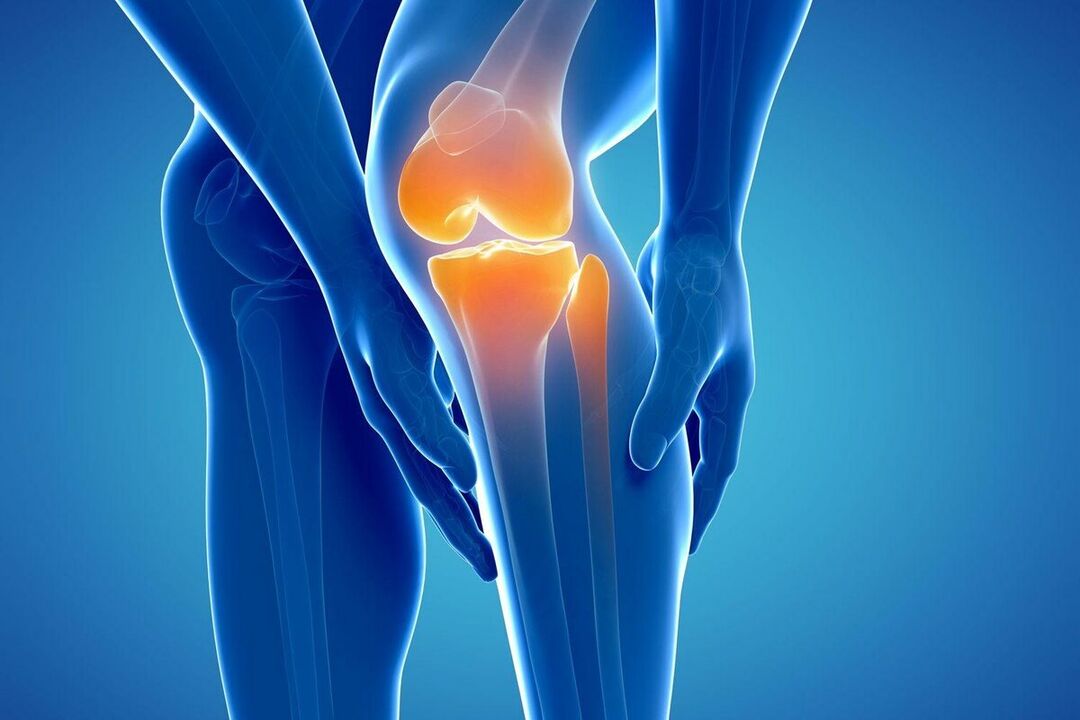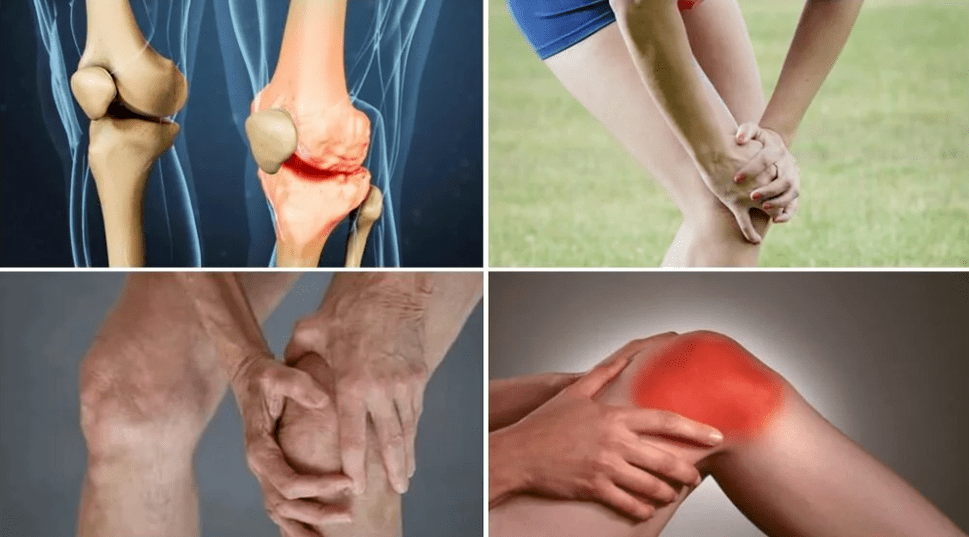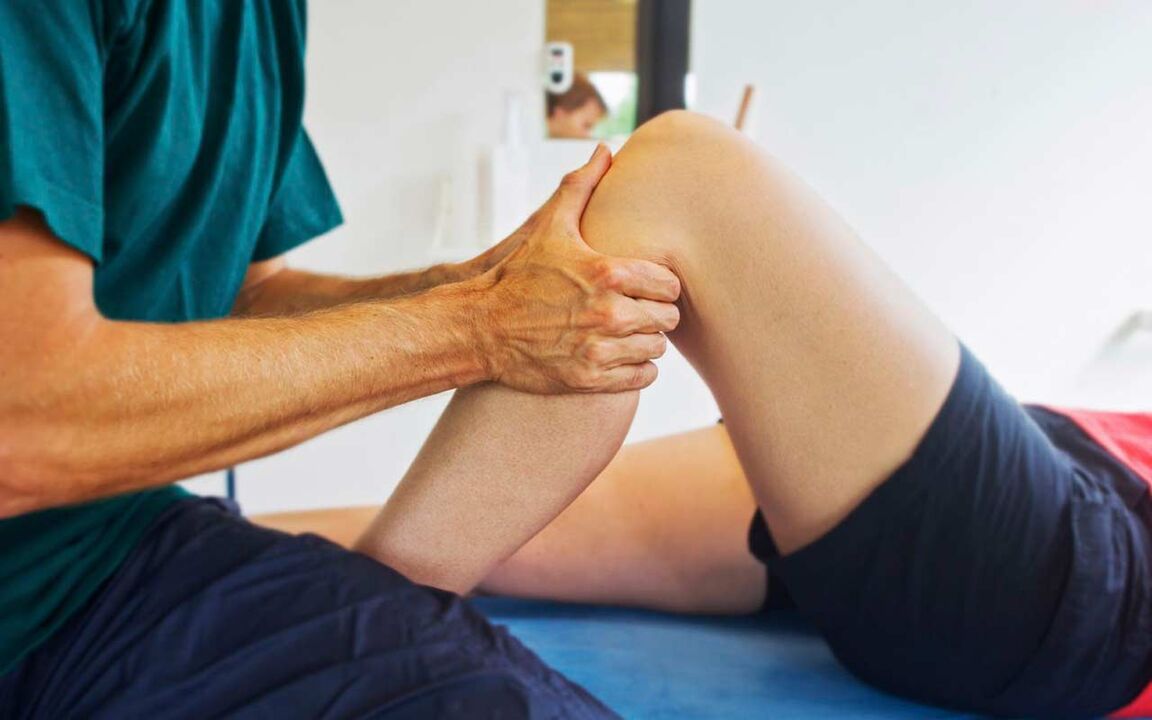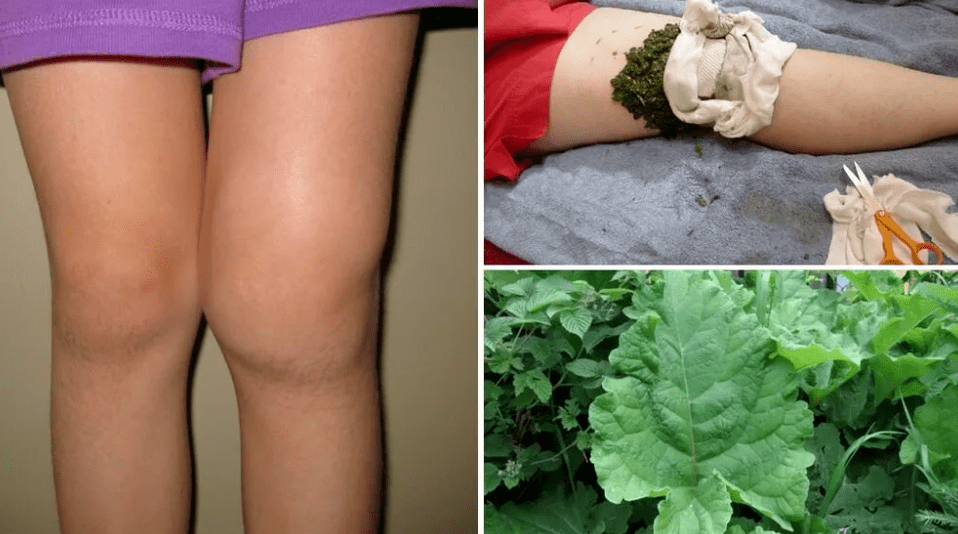Arthrosis is a dystrophic change in articular cartilage is not inflammatory.This process arises in most cases as a result of the natural aging of the body.
According to statistical data, arthrosis is considered a fairly common ailment, as they are suffered according to various estimates from 10% to 15% of residents of different countries.

This disease is characteristic of the age category from 45 years or more.Although, there are exceptions when arthrosis is observed in a less age -old group of people, as a result of injuries, severe diseases, fractures inherent in a greater extent athletes.
As a rule, patients experience arthrose pains in a state of loads, but they should sit down or lie down in a convenient position for the affected limb, as pain manifestations subside.As the disease progresses, the characteristic crunch of joints increases, the amplitude of the usual joint movements decreases, and the deformation of the articular components is observed.
Arthrosis - what is it?
Why does arthrosis occur, and what is it?The disease develops due to metabolic disorders in the joint, which in turn leads to the fact that cartilage begins to lose elasticity.This can be facilitated by complete or partial loss from the composition of the cartilage of proteoglycans, this happens, as a rule, due to rather deep cracks in the cartilage itself.
- The arthrosis is primary - begins without a noticeable cause and affects unchanged articular cartilage simultaneously in many joints;It is more often observed in people over 40 years old.Primary arthrosis is also a consequence of a violation of the ratio of synthesis and degeneration processes in the cartilaginous tissue, and is accompanied by a disorder of chondrocytes.In the cartilage with arthrose changes, the processes of destruction prevail.
- The main causes of secondary arthrosis are significant changes in metabolic processes: blood supply, salt exchange and outflow of lymph, hormonal disorders in the assimilation of the necessary joints.Hormonal changes leading to arthrosis are often found in women of senior and advanced age when natural changes in the hormonal background occur.
The risk group includes people:
- with excess body weight;
- with hereditary disorders;
- elderly;
- with specific professions;
- with metabolic disorders in the body;
- with deficiency of trace elements;
- traumatic injuries on the spine;
- involved in some sports.
The insidiousness of arthrosis lies in the fact that pathological changes in the cartilage tissue of the affected joint for a long time are not manifested by any symptoms - pain and difficulty movements become noticeable only at the moment when the destruction reaches the periosteum located under the cartilage.
Arthrosis 1, 2 and 3 degrees
There are three degrees of arthrosis of the joints:
- 1 degree of disease proceeds almost without tangible symptoms.Only occasionally painful sensations are possible in motion or other types of physical activity.Already at the first stage of arthrosis, pathological changes in the synovial fluid of the joint occur, while the muscle apparatus weakens, but does not undergo modifications.
- 2 degree of arthrosis is marked by the beginning of the destruction of the joint, the first osteophytes appear.The pain becomes tolerant, but pronounced.A crunch in the affected joints is clearly heard.There is a violation of muscle functions in view of a violation of reflex neurotrophic regulation.
- 3 degree of arthrosis - joint cartilage is thin, there are extensive foci of destruction.Significant deformation of the joint platform with a change in the axis of the limb is noted.Due to the violation of the normal ratio between the anatomical structures of the joint and the extensive pathological changes in the connective tissue, the ligaments become insolvent and shorten, as a result of which pathological mobility of the joint develops in combination with the limitation of the natural volume of movements.Contracts and subluxations arise.The peri -human muscles are stretched or shortened, the ability to reduce it is weakened.The power of the joint and surrounding tissues is broken.
The course of the disease is characterized by the stages of exacerbation and stages of remission.This significantly complicates the independent diagnosis of arthrosis, relying only on its own sensations.Therefore, it is necessary to seek a clarification of the diagnosis to the doctor.

Signs
Arthrosis has certain first signs based on its classification, but there is a generalized list:
- Pain syndrome, which intensifies in raw weather and from freezing;
- The joint increases in volume due to deformations and osteophytes;
- The skin temperature around the sick joint increases.A general increase in temperature may be observed.
- The joint begins to swell, swelling and seals are observed;
- At stress and operation of the joint, a crunch or creak from friction of bone formations is heard and creak.
In later stages, pain can occur in a calm state due to stagnation of blood and increasing intraosseous pressure.
Symptoms of arthrosis
Arthrosis belongs to the category of chronic diseases.Sometimes the disease can imperceptibly leak for years, only occasionally recalling pain at the joint on the joint or awkward movement.
But it also happens that the disease develops rapidly to a severe stage in just a few months.In any case, it is important to remember, if you do not treat arthrosis, its symptoms will grow over time, worsening the quality of life, and in severe cases - leading to disability and immobilization.
So, with arthrosis, the main symptoms are as follows:
- Aching pain in the joint.It is especially manifested at all kinds of loads on the sore joint, while walking the stairs.
- Lomota and crunch in the joint.Lomota manifests itself during hypothermia.At first, the crunch is not strong, but in the absence of treatment, over time it will be heard by others.
- The appearance of swelling.This symptom is characterized by another joint disease - arthritis.But with arthrosis, swelling occurs only with exacerbations and is accompanied not by acute pain, but aching.It is very noticeable and causes considerable inconvenience.
Sometimes the pain in the evening may intensify.Sometimes the pain in the joint is very active, its manifestation depends on the loads.In youth, arthrosis can be developed from great physical activity or after an injury.
Diagnosis of arthrosis
Diagnosis is based, first of all, to determine such a predisposing factor as the appearance of pain and discomfort in the movements of the joints.In the event of the above signs of the disease, an X -ray, radionucleid and morphological examination is possible.
All studies are carried out only in clinical conditions and only qualified specialists should give conclusions on them.On our site you can always ask you questions about the symptoms, treatment and prevention of arthrosis in the comments below.
Prevention
Preventive measures to prevent arthrosis are available to everyone.They include moderate physical exertion (it should not cause pain in the joints), balanced nutrition and daily eating all the main trace elements and vitamins.
Often, getting rid of arthrosis is hindered by overweight, so you should be very attentive to your diet and, if necessary, observe a diet.
It is also necessary to remember that arthrosis belongs to the category of chronic diseases.In other words, the main criterion for the effectiveness of treatment is to achieve prolonged remission and improve the patient's condition.

Treatment of arthrosis
With diagnosed arthrosis, treatment at the moment is a serious and urgent problem.And although the amount of drugs used for arthrosis is constantly increasing, they have only a symptomatic effect.And while none of the drugs became a panacea in the treatment of joints.
The plan and methods of treatment depend on the stage and symptoms of arthrosis, often initially relieve pain, since in the second and third stage of the disease they can be very painful.Anti -inflammatory therapy is also possible with concomitant joint inflammation.
The main scheme of drug treatment of arthrosis implies the use of:
- NSAIDs in order to reduce pain and eliminate the inflammatory process.
- Drugs from the group of chondroprotectors, which include active components as glucose and chondroitin.
- In a severe course of the disease, intra-articular administration of corticosteroid preparations may be required. These drugs quickly eliminate the inflammatory process and normalize the mobility of the affected joint.
- After eliminating the inflammatory process, intra -articular administration of hyaluronic acid may be required, which acts as lubricants and prevents the joint friction process, eliminates the pain syndrome, improves mobility and stimulates the production of its own hyaluronate.
To return the joint, affected by arthrosis to a large extent, is possible only with the help of a surgical operation to replace the joint, it is still impossible to do this without surgery.
Surgery
At the advanced stages of arthrosis of the knee joints, treatment with medicines may no longer be effective, and then a decision on operational methods of healing should be made.
There are several types of surgical intervention:
- Artroplasty.Replacing the joint cartilage with artificial laying.After surgery, pain is significantly reduced and mobility increases.
- Arthroscopy.It does not require a long recovery period, well suited for patients of all ages.It is needed to prevent the destruction of the joint.During the operation, inflamed areas are removed - this happens using a thin probe and auxiliary tools.
- Prosthetics.Replacing all joint components with artificial analogues.By the way, modern prostheses are made of special metal, which is not rejected by the body.Such transplants last an average of about ten years.After such an intervention, patients can lead a full lifestyle.
At home, as prescribed by a doctor, the patient can use distracting agents in the form of ointments, rubbing, gels, infusions of herbs.Good results are given by physiotherapy, acupuncture, hirudotherapy (leching treatment), as well as spa treatment in the remission (attenuation of the disease) using natural mud and mineral baths.
Exercises for the treatment of arthrosis
An indispensable condition in the treatment of arthrosis is the use of different types of exercises in order to prevent muscle atrophy and weakening of the ligaments.
Exercises for the treatment of arthrosis are selected individually for each patient with the attending physician and specialist in physiotherapy exercises.The exercises are started only after removing the exacerbation, but no later than 5-6 days after relieving pain.
The task of the exercises for the treatment of arthrosis is the restoration of joint mobility, aerobic training, increase the strength and flexibility of muscles and joints.
How to treat arthrosis with folk remedies?
With arthrosis of drug treatment, it is not avoided, but usually the doctor prescribes comprehensive treatment, advising to use folk remedies.But you need to know that the treatment of arthrosis, including non -traditional medicine, is based on a healthy lifestyle and proper nutrition, folk recipes are added to all this.

- Birch leaves, nettles and inflorescence of calendula are taken in equal parts.As a result, you need to get two tablespoons.We put the resulting chopped collection into a thermos, pour a liter of boiling water and leave it overnight.Starting next in the morning, it is necessary to take half a glass of decoction four to five times a day.The course of taking this recipe is two to three months.
- Egg solution is prepared from fresh egg yolk, which is mixed with turpentine and apple cider vinegar in a ratio of 1: 1: 1.The liquid must be thoroughly mixed and grate it with the affected joint for the whole night.Then you need to wrap everything with a woolen scarf.It is recommended to perform rubbing for 1 month 2-3 times a week.
- Celery.1-2 teaspoons of freshly squeezed juice of celery to drink up to 3 times a day.You can use a decoction.Brew 1 tbsp.a spoonful of fresh roots with 2 glasses of boiling water and let it brew under the lid for 4 hours.Drink 2 tbsp.tablespoons up to 4 times a day 30 minutes before meals.
- You will need a piece of soft wool fabric, without synthetic impurities and head of cabbage.First you need to grind the head of the head, after which it is good to rush it with a mortar or with your hands, it is advisable to use not oxidized dishes.After that, you can squeeze the juice in a juicer.Now we take the cooked fabric and moisten in cabbage juice, put this compress on the sore joint.I would also like to note that squeezed juice can be stored for no more than three days from the moment of spinning.
- The use of boiled oatmeal also gives good results.Take three or four spoons of oatmeal, pour boiling water and cook over low heat for five to seven minutes.The amount of water used should ensure the receipt of thick porridge, which should be cooled and used as a compress at night.Use only recently boiled flakes.Yesterday's porridge for the compress is not suitable.
- The pharmacy is purchased by the root of Eleasil.As a rule, it faces packs of 50 g.For the preparation of tincture, half a pack of plant roots and 150 ml of high -quality vodka will be required.The ingredients are mixed, placed in a dark bottle and insisted for 12 days.Rubbings are performed before bedtime, and if possible in the morning.
In general, the treatment of arthrosis with folk remedies is not able to completely replace standard types of therapy (medicines, physiotherapy, massage, exercise therapy), but can significantly alleviate the symptoms of the disease, enhance the effect of other methods of therapy and accelerate recovery.













































